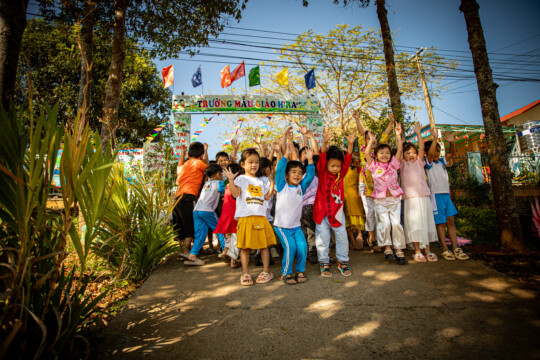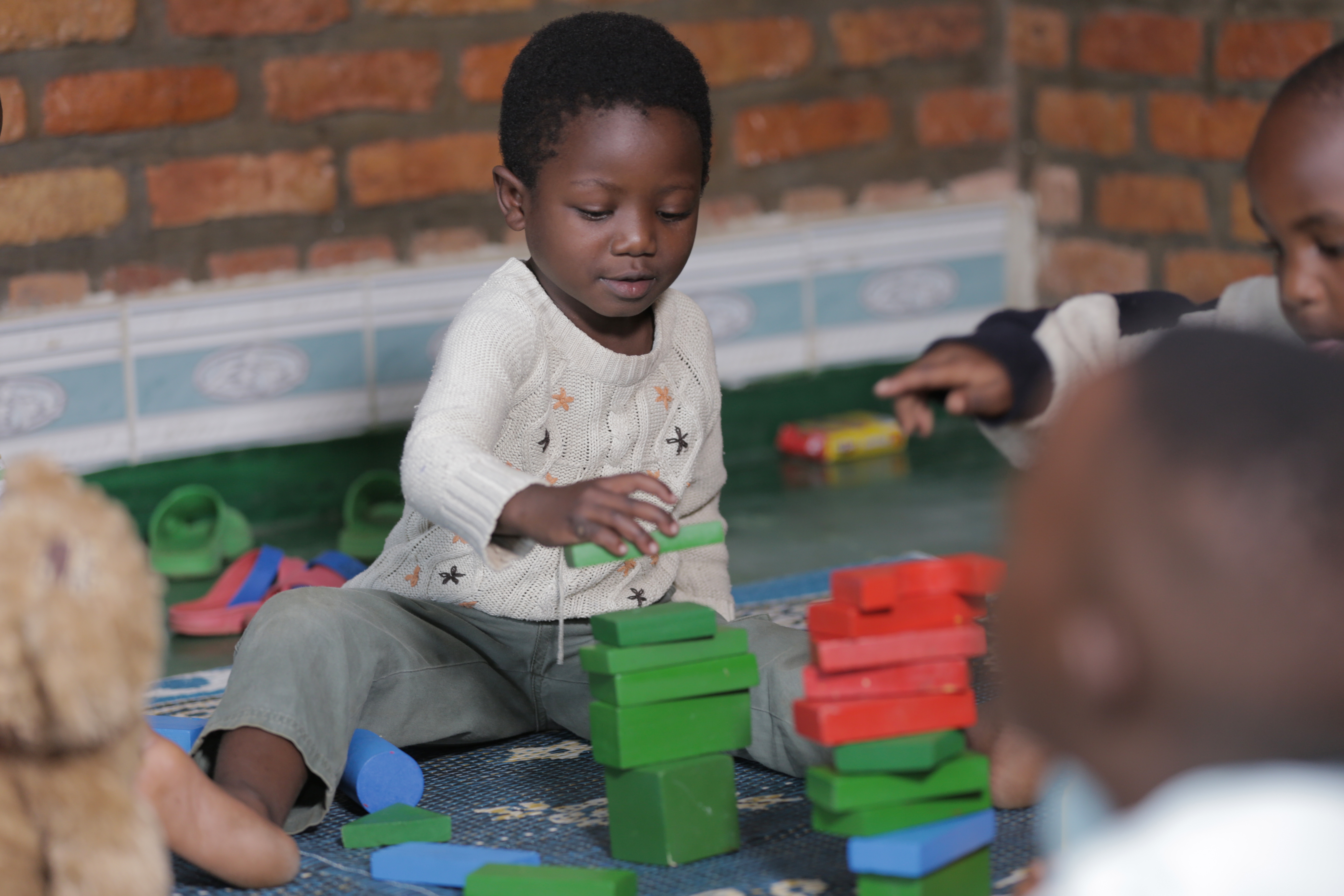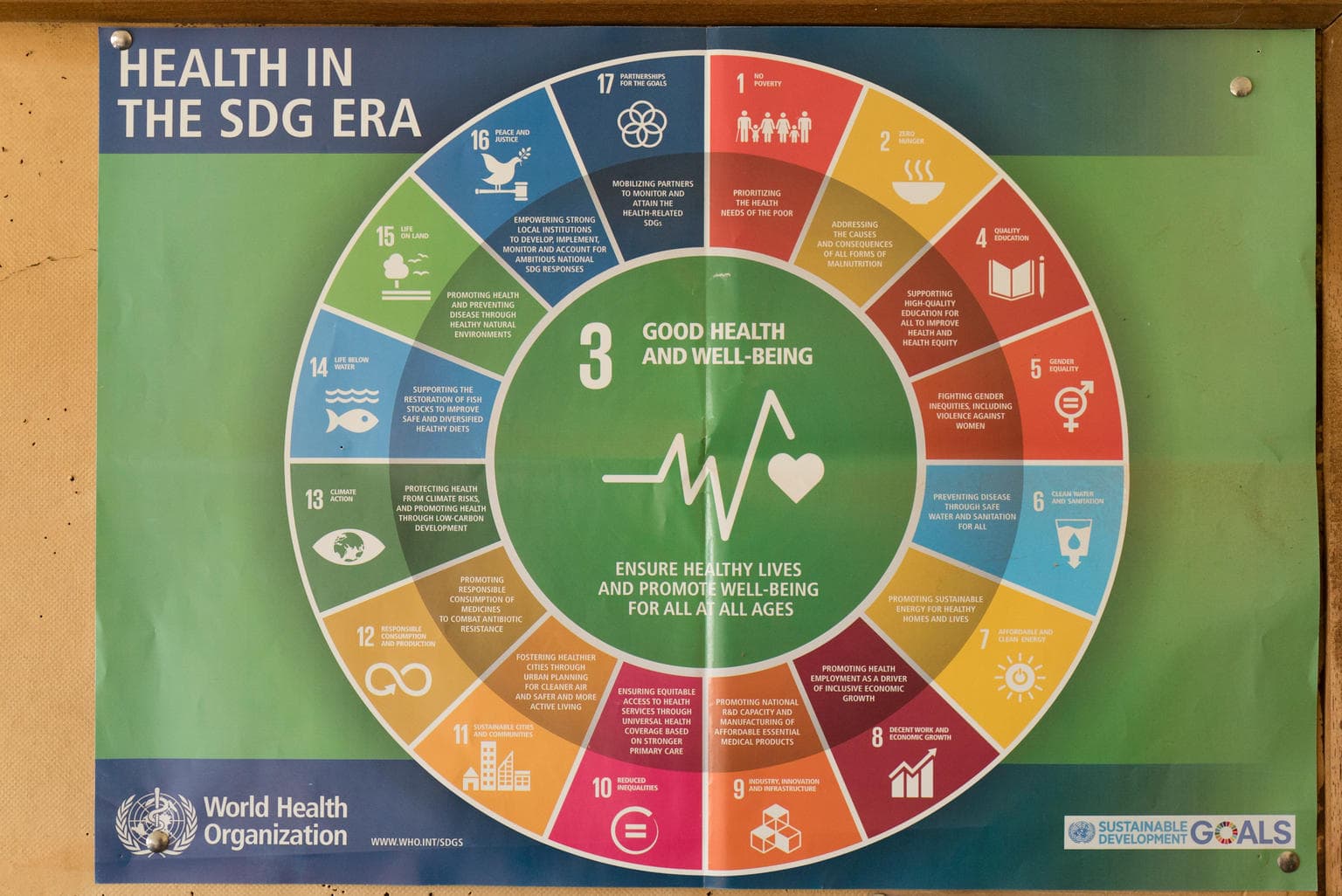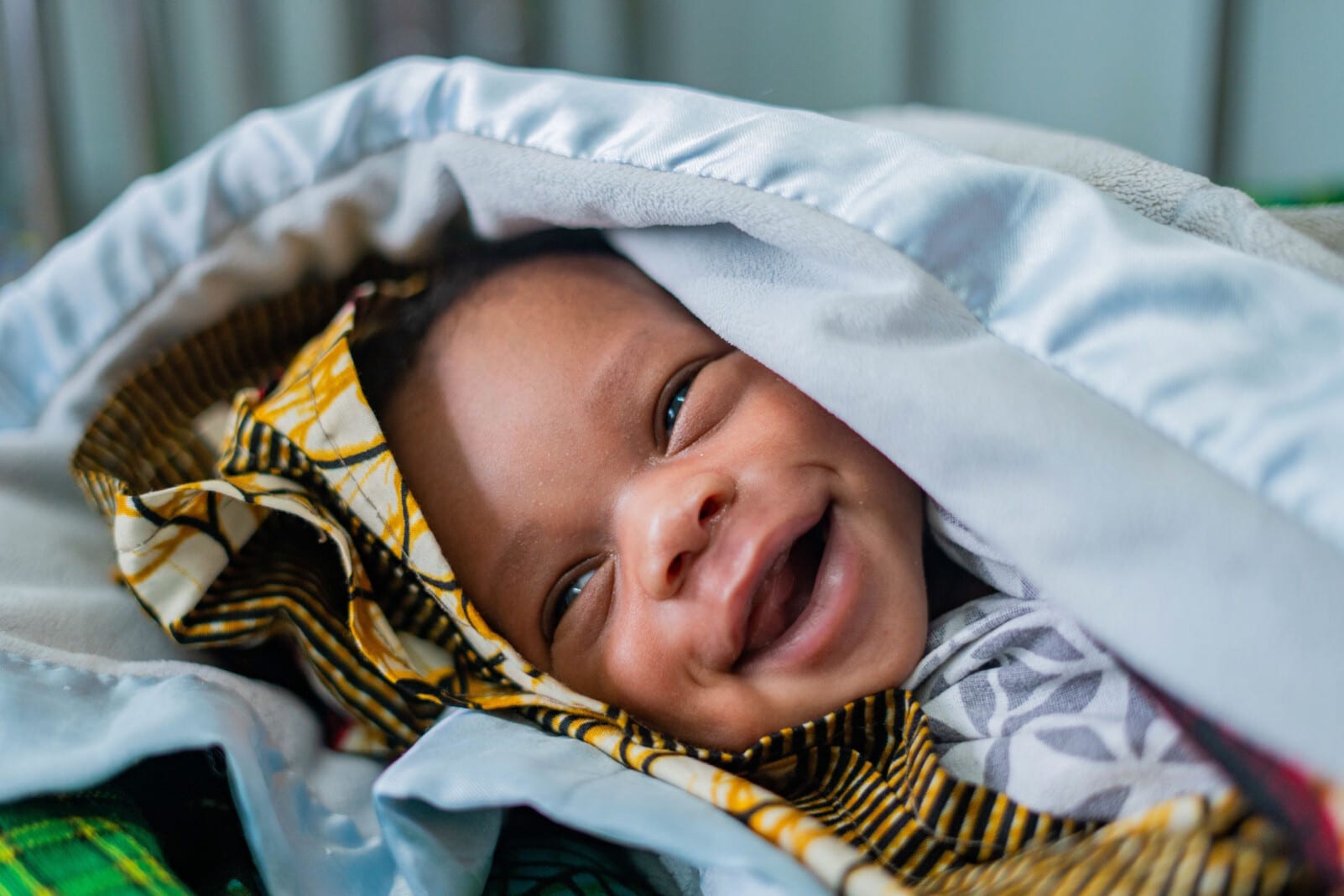The formative early years of a child’s life demand a nurturing environment and attentive care
Early childhood, which spans the period up to 8 years of age, is critical for cognitive, social, emotional and physical development. During these years, a child’s newly developing brain is highly plastic and responsive to change as billions of integrated neural circuits are established through the interaction of genetics, environment and experience. Optimal brain development requires a stimulating environment, adequate nutrients and social interaction with attentive caregivers.
Early childhood development encompasses many dimensions of a child’s well-being, so measuring it is an imprecise science. UNICEF has been working with countries to close this knowledge gap and to develop specific indicators in three vital areas of measurement:
- the quality of care within a child’s home environment;
- access to early childhood care and education;
- the overall developmental status of children
Data in all three of these areas are being collected through the UNICEF-supported Multiple Indicator Cluster Surveys (MICS). These data are also collected in other national household surveys. Along with existing evidence about the developing brain, data from MICS and other household surveys provide a compelling case for more effective, better resourced and targeted interventions in early childhood development.
Resources





Sub-Topics
Within the multi-faceted area of early childhood development, current monitoring efforts are focused in three main areas, each of which has a dedicated page that can be accessed below.
